
Current Research
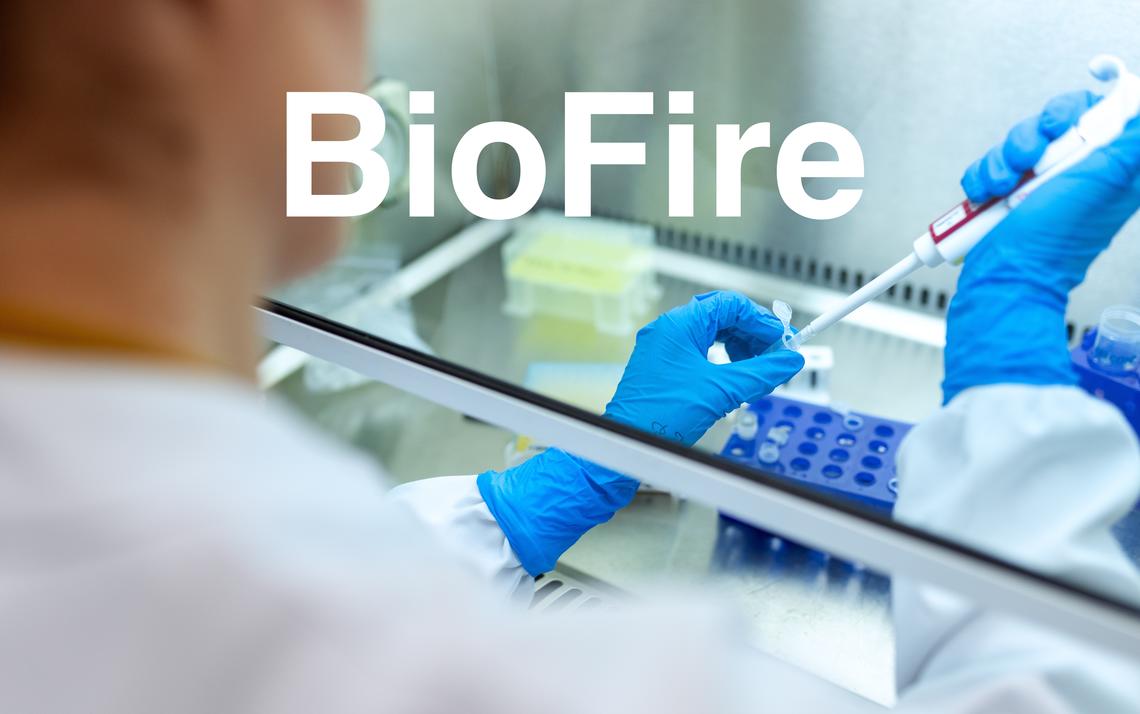
Improvements Through the Use of a Rapid Multiplex PCR Enteric Pathogen Detection Kit in Children with Hematochezia
Children presenting to Emergency Department (ED) with bloody diarrhea (i.e. hematochezia) represent a diagnostic challenge. Infectious enteric pathogens – Salmonella, Shigella and Shiga toxin-producing Escherichia coli (STEC) – are at the top of the differential diagnosis list. STEC is of greatest concern because ~15% of infected children develop the Hemolytic Uremic Syndrome (HUS). Our team has demonstrated that antibiotic administration to STEC-infected children increases the risk of developing HUS while dehydration is associated with mortality. Rapidly identifying children with STEC infection can reduce unnecessary resource use in uninfected children while providing them to those with confirmed STEC infection.
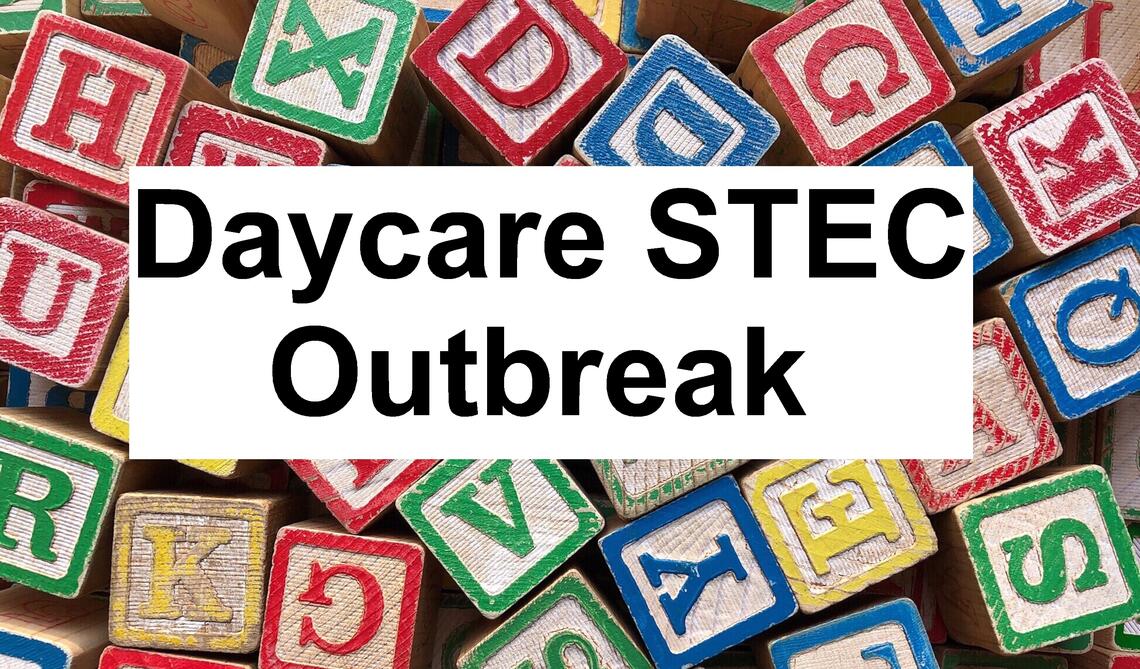
Calgary Daycare STEC Outbreak Long-Term Follow-Up Study
In the fall of 2023, several daycares in Calgary experienced a Shiga toxin-producing E. coli (STEC) outbreak. This bacterial infection is most common in children and can lead to potentially severe outcomes. In addition to causing severe diarrhea and abdominal pains, the major consequential effect of this infection occurs in the kidney. However, additional severe acute effects can be seen in essentially any organ system, and some of these lead to life-threatening acute complications and long-term disabilities. Unfortunately, few studies have followed large numbers of children with varying severities of acute infection over prolonged periods of time and as such, long-term prognosis cannot be predicted with accuracy. As such this study aims to clarify the long-term consequences associated with infection across a range of severity in terms of the acute infection.
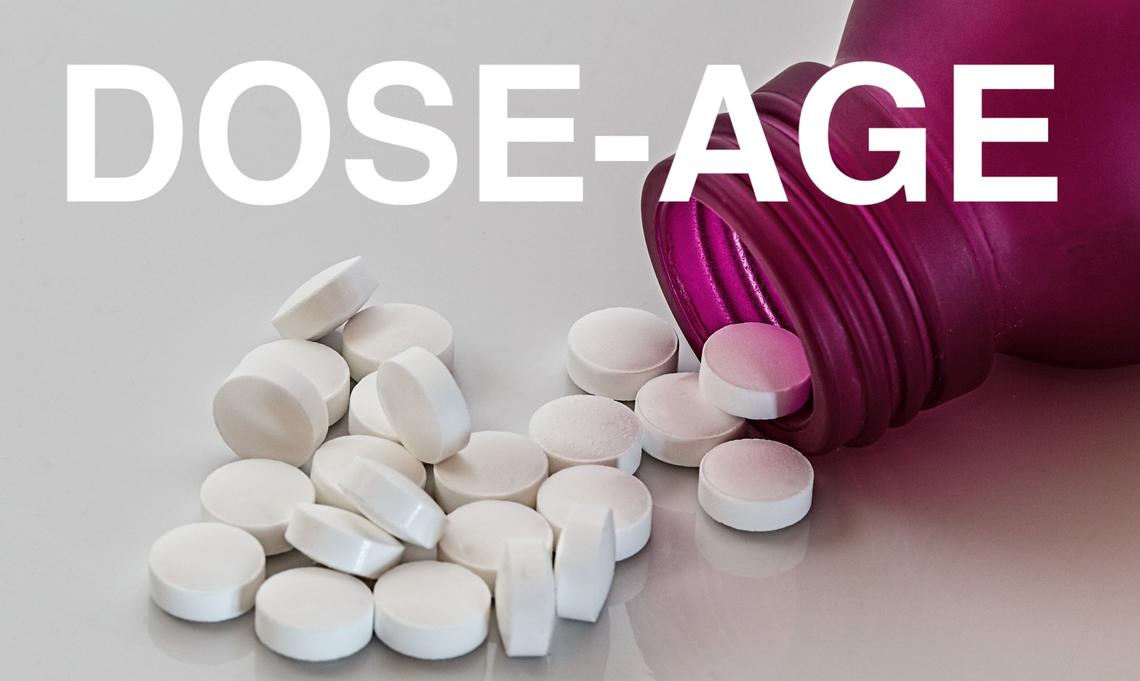
Multi-dose Ondansetron for Pediatric Acute Gastroenteritis: A Pragmatic Randomized Controlled Trial
A multi-centre, placebo controlled, double blind randomized controlled trial comparing the effectiveness and adverse event profile of multiple doses of oral ondansetron (an anti-emetic) compared with placebo when administered to children with vomiting secondary to acute gastroenteritis following discharge from an Emergency Department.

An Innovative Model of Acute Pediatric Mental Health and Addictions Care
An Innovative Model of Acute Pediatric Mental Health and Addictions Care is a prospective, pragmatic, 29-month quasi-experimental study that is evaluating the effect of a novel acute mental health and addictions care bundle in two Alberta pediatric Emergency Departments. The overarching goal of this study is to deliver the right care at the right place and time for our patients and families.

A Multi-Disciplinary, Patient-Partnered, Pan-Canadian, Comparative Effectiveness Evaluation of an Innovative Acute Pediatric Mental Health and Addiction Care Bundle
A Multi-Disciplinary, Patient-Partnered, Pan-Canadian, Comparative Effectiveness Evaluation of an Innovative Acute Pediatric Mental Health and Addiction Care Bundle is a comparative effectiveness cluster randomized controlled trial involving eight pediatric Emergency Departments (EDs) across Canada. The purpose of this trial is to compare the effectiveness of the novel acute mental healthcare bundle first introduced in our Alberta-based cohort study, to the delivery of ED mental healthcare in children nationally.

Precision Medicine for Improving the Diagnosis of Pediatric Appendicitis in the Emergency Department
Accurate, timely diagnosis is important to decrease the risk of serious complications in appendicitis in children. The goal of the PRIMED study is to identify unique “bioprofiles”, like fingerprints, in the blood and urine of children with suspected appendicitis. These profiles can be integrated into point-of-care clinical tests to rapidly identify children at risk.
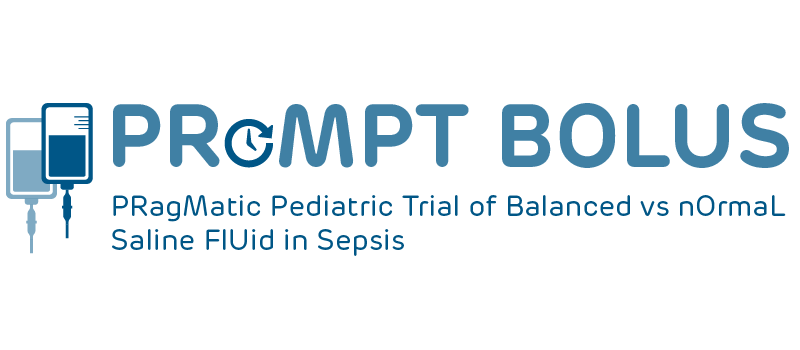
Pragmatic Pediatric Trial of Balanced Versus Normal Saline Fluid in Sepsis
Sepsis and septic shock are life-threatening emergencies in children. In Canada, approximately 4000 children are hospitalized annually for sepsis or septic shock with a median hospital length of stay of 12 days. Despite widespread implementation of resuscitation protocols, in-hospital mortality from sepsis in children in Canada remains at 5%. Two types of crystalloid fluids are used for rapid intravascular expansion in sepsis: Normal Saline (NS) or Balanced Fluid (BF). The goal of the multi-national Pragmatic Pediatric Trial of Balanced Versus Normal Saline Fluid in Sepsis (PRoMPT BOLUS) study is to examine if in children presenting to the Emergency Department in septic shock resuscitation with BF will result in improved clinical outcomes compared to resuscitation with NS.
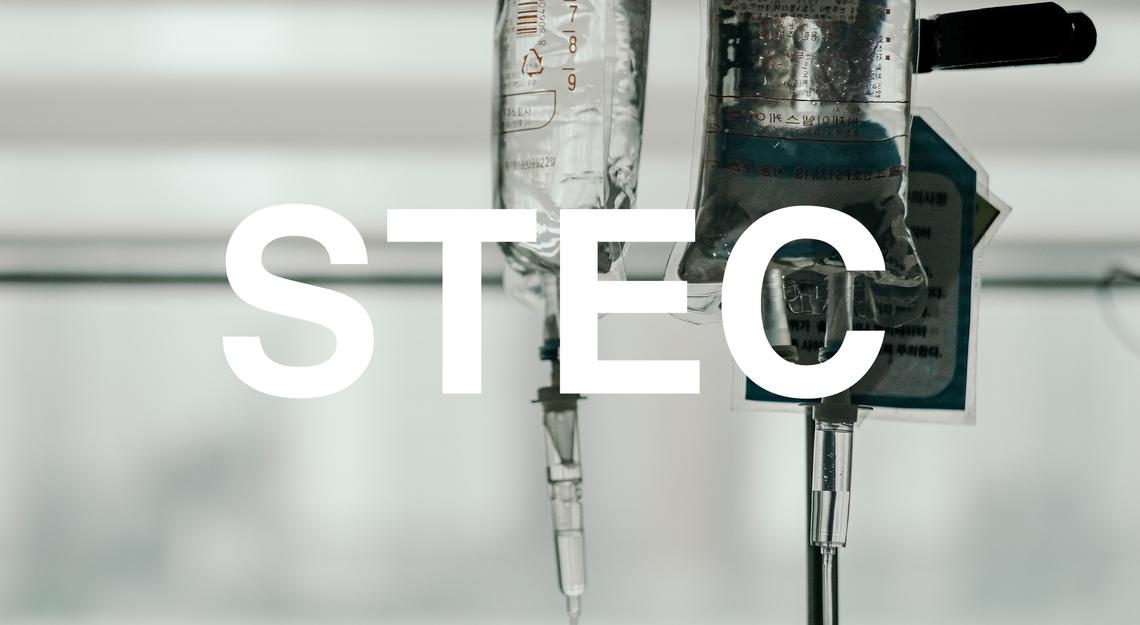
Hyperhydration to Improve Kidney Outcomes in Children with Shiga Toxin-Producing E. coli Infection
Shiga toxin-producing E. coli (STEC) infection is a moderately common and potentially severe disease that is the most common cause of acquired kidney failure in children. Medical interventions remain limited to providing support if and when kidney failure develops. We are developing a study to test a proactive intervention to diminish the risk of developing kidney injury and/or reduce its severity.
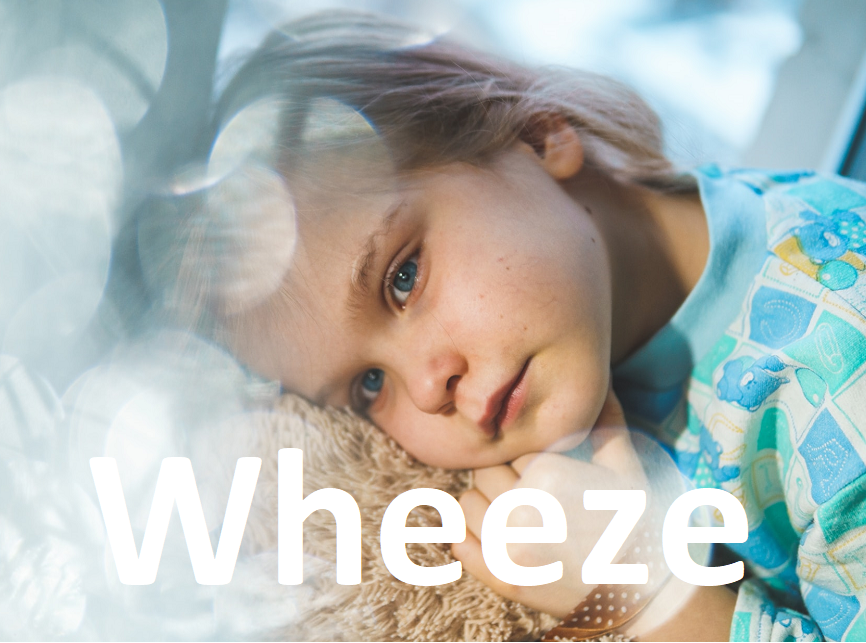
Indices of Inflammation in Children Presenting to the Emergency Department with Wheeze
The diagnosis and management of wheeze in children can be challenging for health care providers. Children present to the Emergency Department (ED) with wheeze associated with many diseases, including asthma, bronchiolitis, and pneumonia. It is essential to identify the correct diagnosis underlying the symptom of wheeze in children as management of these diseases varies greatly. The Wheeze study aims to determine whether nasopharyngeal aspirate specimens from children presenting with wheeze can help establish an objective way to differentiate asthma, bronchiolitis, and pneumonia in children presenting to the ED with wheeze.

Bicycling Injuries in Kids and the Environment
The Bicycling Injuries in Kids and the Environment (BIKE) study is a national study which is looking at the determinants of bicycling injuries in children and adolescents. Every year in Canada, bicycling results in 20 deaths 1,800 hospital admissions and 4% of all Emergency Department visits for those under 15 years old. The members of the BIKE team collect data and conduct location audits to identify site characteristics associated with injury. The results of this work will inform urban planning policies to make bicycling safer for children.
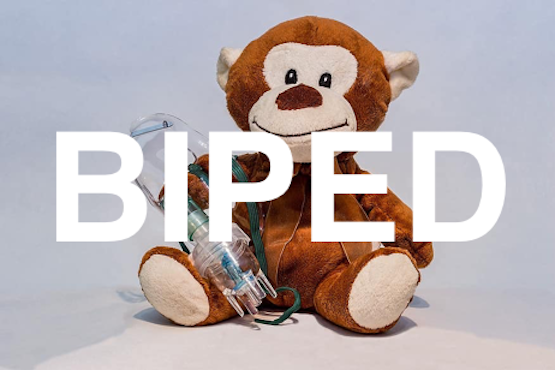
A Randomized Controlled Trial Comparing Epinephrine and Dexamethasone to Placebo in the Treatment of Infants with Bronchiolitis
The BIPED study is a phase III multicenter, randomized, double-blind trial comparing treatment with nebulized epinephrine and 2-day course of oral dexamethasone to placebo for infants with bronchiolitis. The study participants are enrolled at six pediatric academic Emergency Departments (EDs) across Canada and in three pediatric EDs in New Zealand and three in Australia.
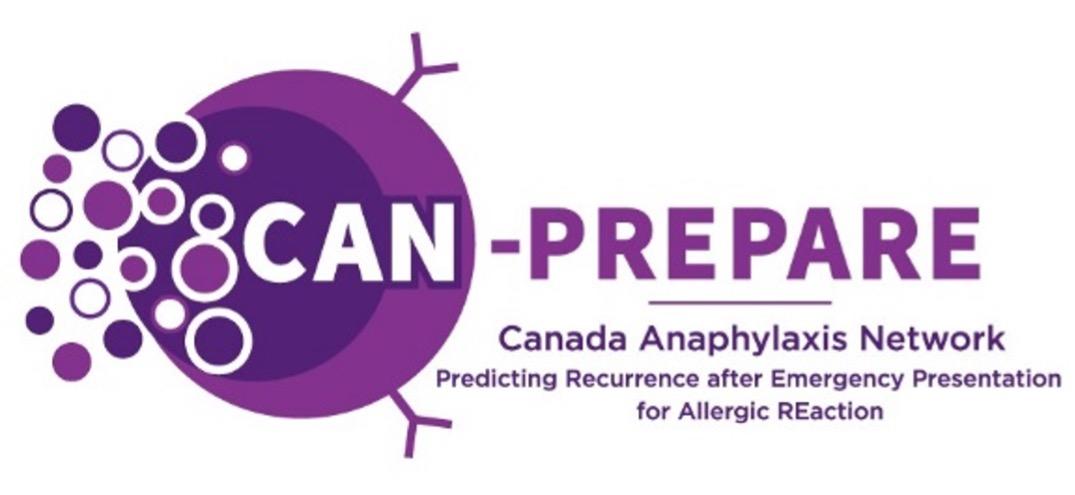
Canadian Anaphylaxis Network- Predicting Recurrence after Emergency Presentation for Allergic Reaction
A multi-centre observational prospective cohort to develop a clinical prediction rule that will identify children with anaphylaxis who are at risk of biphasic anaphylaxis. Our team will follow participants during their Emergency Department (ED) visit to determine if the participant had a biphasic reaction during their ED visit and a post-discharge survey will determine if a biphasic reaction occurred 48 hours of enrollment following ED disposition.
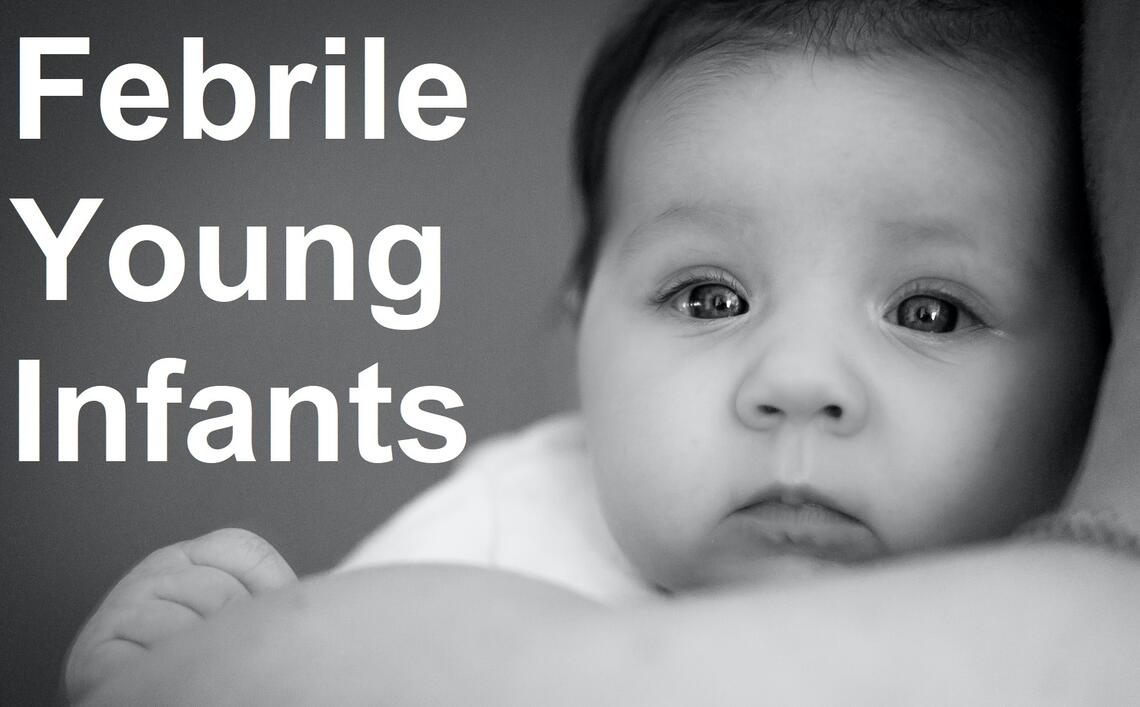
Precision Medicine for Detection of Invasive Bacterial Infections Among Febrile Infants ≤60 Days Old
Fever among infants ≤60-days-old remains one of the most encountered problems in pediatric healthcare. Our goal is to identify mulit-omic precision medicine bio-profiles that differentiate infants with invasive bacterial infections from those without. This study is a critical step to inform a definitive, network-wide multicentered study to derive and validate high-performing diagnostic bio-profiles for IBIs.

Kids’ Outcomes and Long-term Abilities after Early Traumatic Brain Injury
The Kids’ Outcomes and Long-term Abilities after Early Traumatic Brain Injury (KOALA) study is a prospective, multicentre longitudinal cohort study of children aged 6 months to 6 years. Mild traumatic brain injury (mTBI) is highly prevalent, especially in children under 6 years of age. However, relative to older children and adults, little research has focused on the consequences of mTBI early in development. The objective of KOALA is to document the impact of early mTBI on a wide range of domains including children’s physical, cognitive, social, and behavioural functioning, as well as quality of life, stress, sleep, and brain integrity.
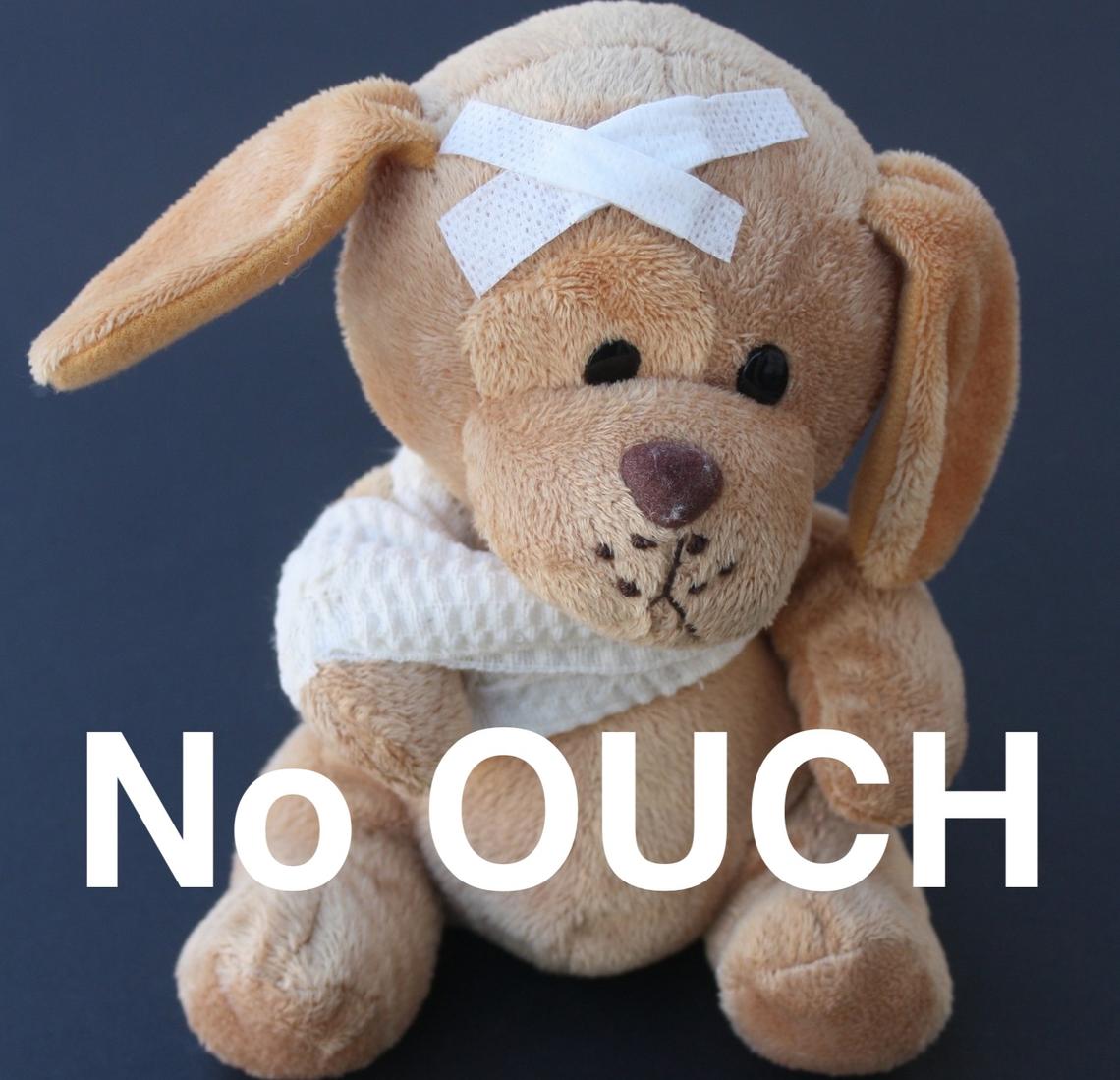
A Study of Non-Steroidal or Opioid Analgesia Use for Children with Acute Musculoskeletal Injuries
Using a novel preference-informed complementary trial design, we will conduct two simultaneous trials. Caregivers of children presenting to the Emergency Department (ED) with acute musculoskeletal limb injury will decide which trial they wish to participate in: an Opioid trial or a Non-Opioid trial. Our study hypotheses are: 1) a combination of oral ibuprofen and oral acetaminophen will have greater analgesic efficacy than ibuprofen alone, and 2) a combination of oral ibuprofen and oral hydromorphone will have greater analgesic efficacy than ibuprofen alone or a combination of oral ibuprofen and oral acetaminophen. This study is a multicentre Canada-wide clinical trial phase II.
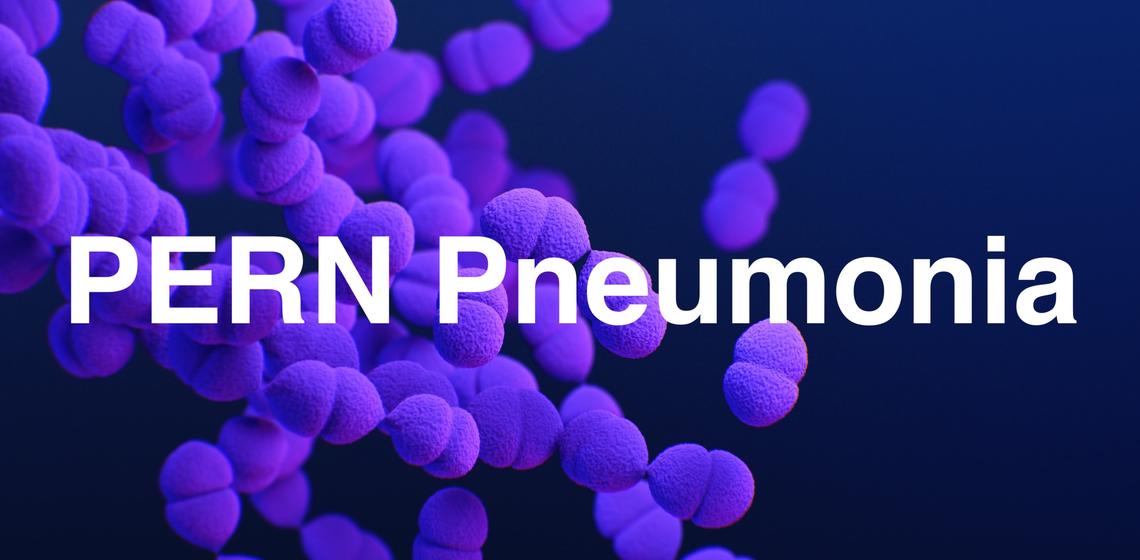
Predicting Severe Pneumonia in the Emergency Department: A Global Study of the Pediatric Emergency Research Networks
Pneumonia is one of the most common serious bacterial infections in children worldwide, an important case of childhood morbidity and mortality globally, and a frequent and costly cause of Emergency Department (ED) visits and hospitalizations. There is currently no evidence-based, validated tool to assist physicians in making targeted site-of-care and management decisions for children with Community-Acquired Pneumonia (CAP). An evidence-based clinical prediction rule for CAP severity in children would assist physicians to accurately risk stratify children with CAP in the ED and improve clinical decisions.
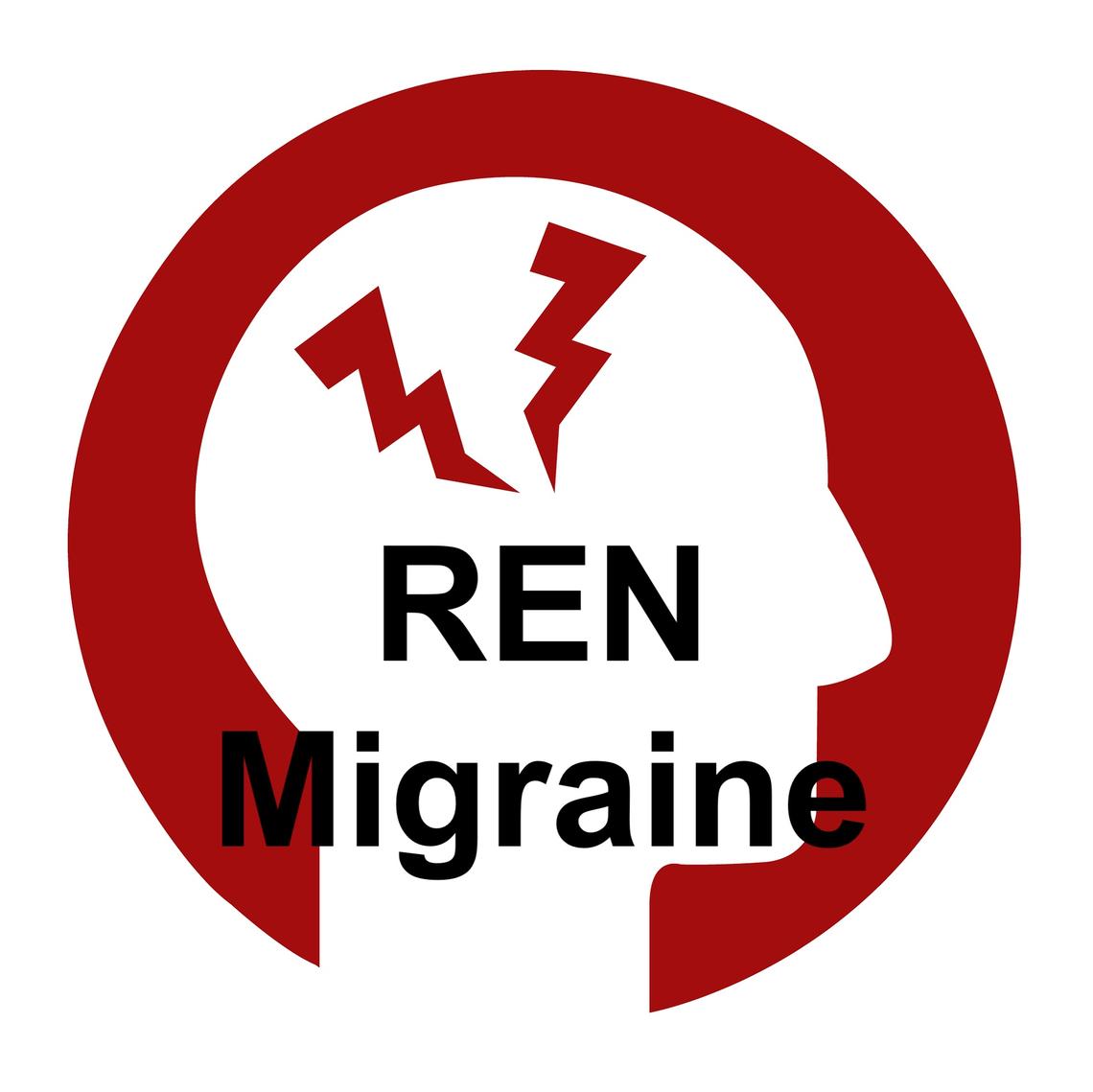
A Pilot Clinical Trial of a New Neuromodulation Device for Acute Attacks of Migraine in Children and Adolescents Visiting the Emergency Department
One in ten children and adolescents suffer from migraine and often come to the emergency department (ED) with migraine attacks. Treatment evidence is limited to intravenous interventions, which are associated with high complication rates, costs, and patient fears about pain. Remote electrical neuromodulation (REN) has a scientifically valid mechanism of action and promising clinical data in adolescents and adults showing that REN can safely treat migraine very effectively when used at home. We are recruiting children and adolescents with migraine attacks to determine the feasibility and acceptability of using a REN device for treatment in the ED.

Symptom Management versus Alternative Randomized Treatment of Concussion Trial
The SMART study is a randomized controlled trial addressing the need for early implementation of treatment approaches to concussed youth aged 13-19 years. This trial has multifaceted treatment approaches, specifically 3 arms of treatment: Headache, Dizziness/Neck Pain, Sleep. The purpose of this clinical trial is to examine which treatment option within the arm is most effective for post-concussion symptom relief.
